The ICMR’s (Indian Council of Medical Research) tight deadline for completing human trials of India’s own COVID-19 vaccine developed by Bharat Biotech has run into controversy.
And rightly so.
Normally, a new drug or a vaccine is tested extensively on animals before it comes to human trials. The human trials alone take two years and rigorous study before the drug or vaccine is allowed to enter the market.
Neither ICMR nor Bharat Biotech have provided details of the tests they have conducted so far. Pre-clinical trial studies have not been made public either.But ICMR has given a deadline of around 45 days for 12 centres across the country to complete human trials.
Dr. A Ravikumar, Pro-Vice-Chancellor of SRM University, which is the sole centre in Tamil Nadu chosen to conduct human trials for the vaccine, says that of the four phases of human trials, only two would be completed by August 15.
“The first phase is on biosafety, which is when we inject the vaccine into a human being and test whether it is safe. Each human being reacts differently to a drug or vaccine.
The second phase is the efficacy of the vaccine, whether it is actually protecting the person against the disease or not.
The third phase is checking whether it is possible to extrapolate the drug or vaccine to all categories of people.
The last phase is for testing on high-risk categories of people – pregnant women, elderly and children,” Dr. Ravikumar told The Lede.
When asked about whether he is worried about the tight deadline given for the human trials, Dr. Ravikumar explained that human trials would include only the first two phases on young, healthy individuals without pre-existing conditions or other diseases.
“The ICMR wants to come to a conclusion in the sixth week of this trial itself as to whether the vaccine is safe or not. And if it is safe and partly successful, they will look at starting production.
Since this is a pandemic situation and if say, the vaccine helps at least 50% of the population, it is a big relief.
These are only preliminary conclusions and only time will tell how effective the vaccine is and for how long it is effective. There are many variables here. But we have to ensure that it does no harm.
In a pandemic situation, when people are dying, I am okay with this (fast-tracking), as long as the vaccine is not harmful. In the first two weeks of the trial, we will come to know whether the vaccine is harmful or not.
It is okay even if it is beneficial in the short term. Because this is a pandemic situation,” he said.
The ICMR has told the 12 centres that a minimum of 1200 people must participate in the human trials across all centres. No individual target has been set for a centre.
COVID-19 mortality is largely among the elderly and those with comorbidities such as diabetes or hypertension. When queried as to whether the most vulnerable population would be tested, Dr. Ravikumar vehemently said they would not.
“High-risk individuals will not be tested – we cannot risk that. We will move to Phase 3 only after six months. By August 15 only the first two phases will be done. You have to understand - due to the pandemic situation, they (ICMR) don’t mind if the efficiency of the vaccine is not 100% as long as it is safe. In this situation, it is okay. In a normal situation it is not okay,” he said.
When asked about whether his institute would be able to deliver results to the deadline, Dr. Ravikumar said his team would certainly try.
“The whole process takes anything up to two years.
They are telescoping the first three phases, which is what is surprising. We have been asked to finish the first three phases within six months, which normally takes a year and a half to two years.
It may go over August 15. We have not got the vaccine yet. We also cannot get volunteers straightaway. We have to conduct some baseline studies before we start the trials. So, we may not be able to start before Monday (July 06) at the least. We need another five days to prepare and then give the injection. We are supposed to give the first report on the 42nd day after injection.
I am worried, but under the circumstances, I think it is acceptable. We are in an emergency situation and ensuring that the vaccine does not cause harm. It takes time to produce the vaccine too. So that is the reason they have fast-tracked this process,” he said.
Other experts though are worried. “There could be a lot of people who develop a lot of complications and adverse effects. We do not know,” said one expert who did not wish to be named.
“I think the fact that everything is being expedited in a way which might have implications on mismanagement, adequate process, ethical issues is a concern,” said Dr. Anant Bhan, Researcher, Bioethics and Health Policy in Bhopal.
“Institutions and committees like Ethics Committees may not have enough time if they are pressurized to fast track the trials. You would want to expedite things at the time of a pandemic but you don’t want to compromise on safety and ethics. They seem to have laid out a plan to announce it on August 15, so is that adequate time?
It is an almost impossible feat and I am not sure if ICMR realizes this. For a research agency like ICMR to pre-decide a date for the vaccine is strange.
The processes are there to ensure that we get the right candidates for the trials and to ensure the safety of people who undergo the trials,” he said.
The Lede has written to ICMR seeking a response on the concerns raised by experts. This report will be updated if and when ICMR responds.
The next six weeks will be crucial as the 12 centres look to begin human trials for a vaccine that could go either way.
Story Source; www.thelede.in by Sandhya Ravishankar
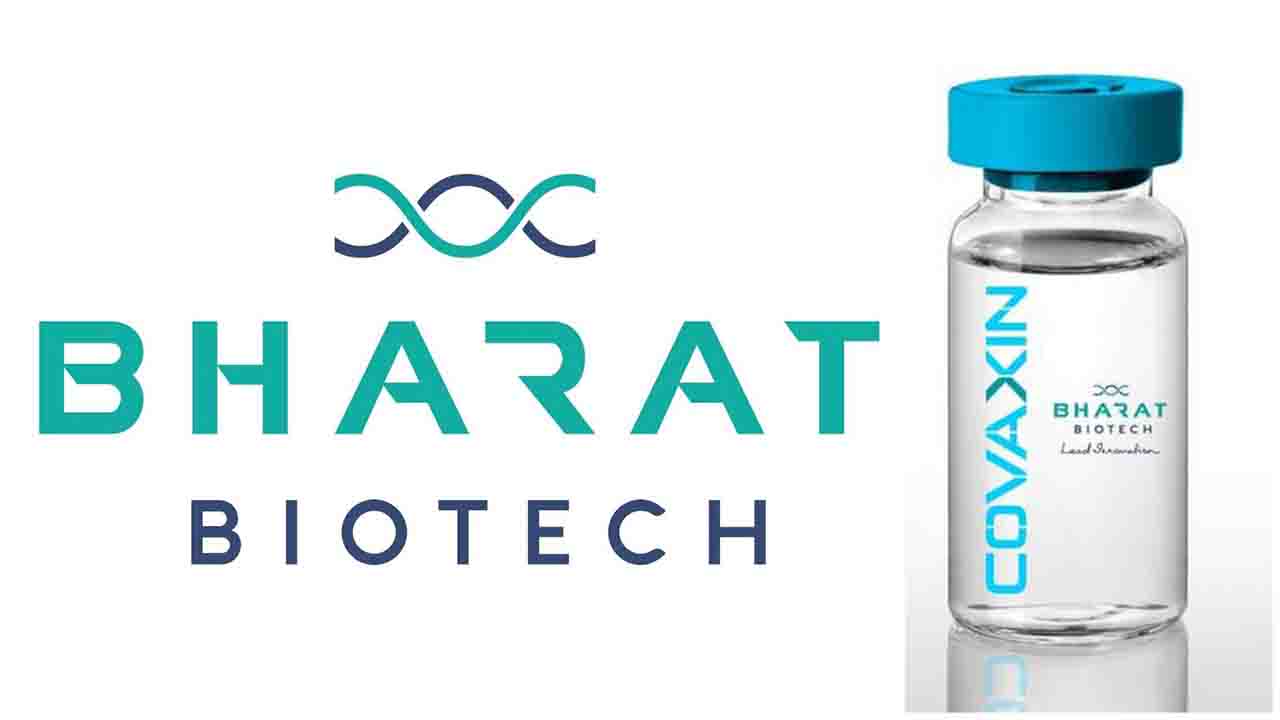
 Is Covaxin safe for human use, doctors point out the steps being omitted for a quick solution
Is Covaxin safe for human use, doctors point out the steps being omitted for a quick solution






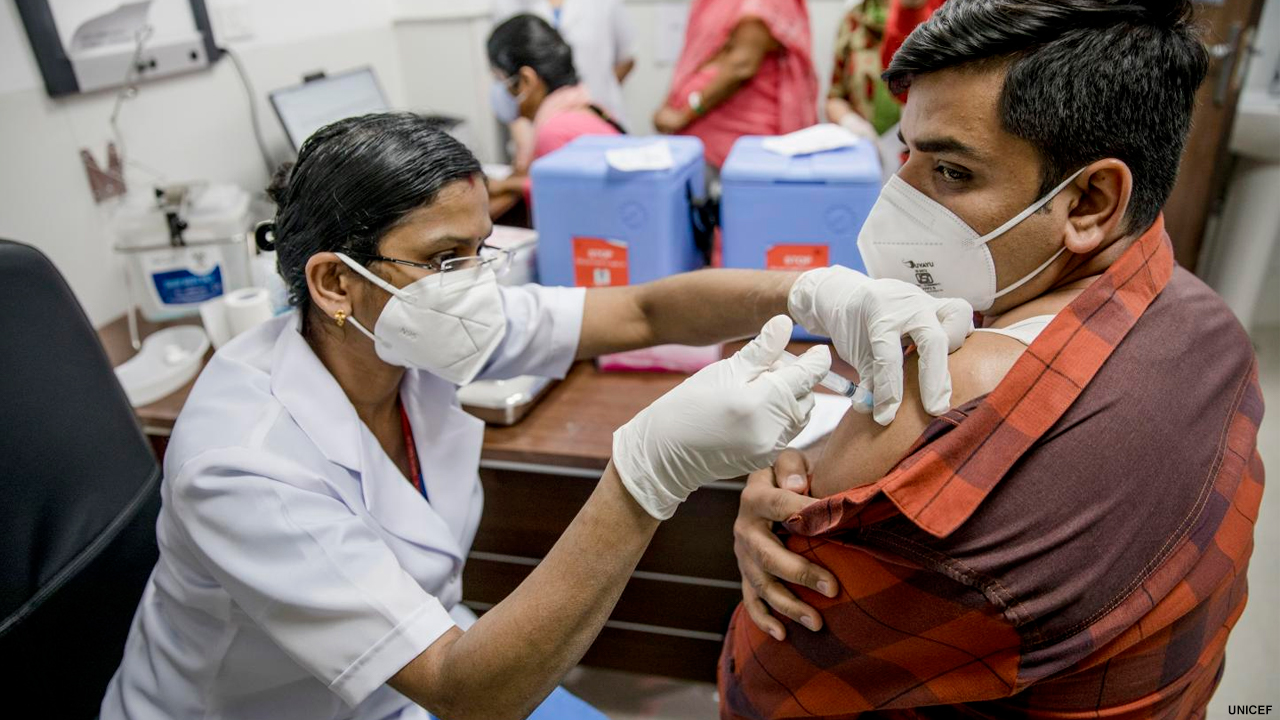
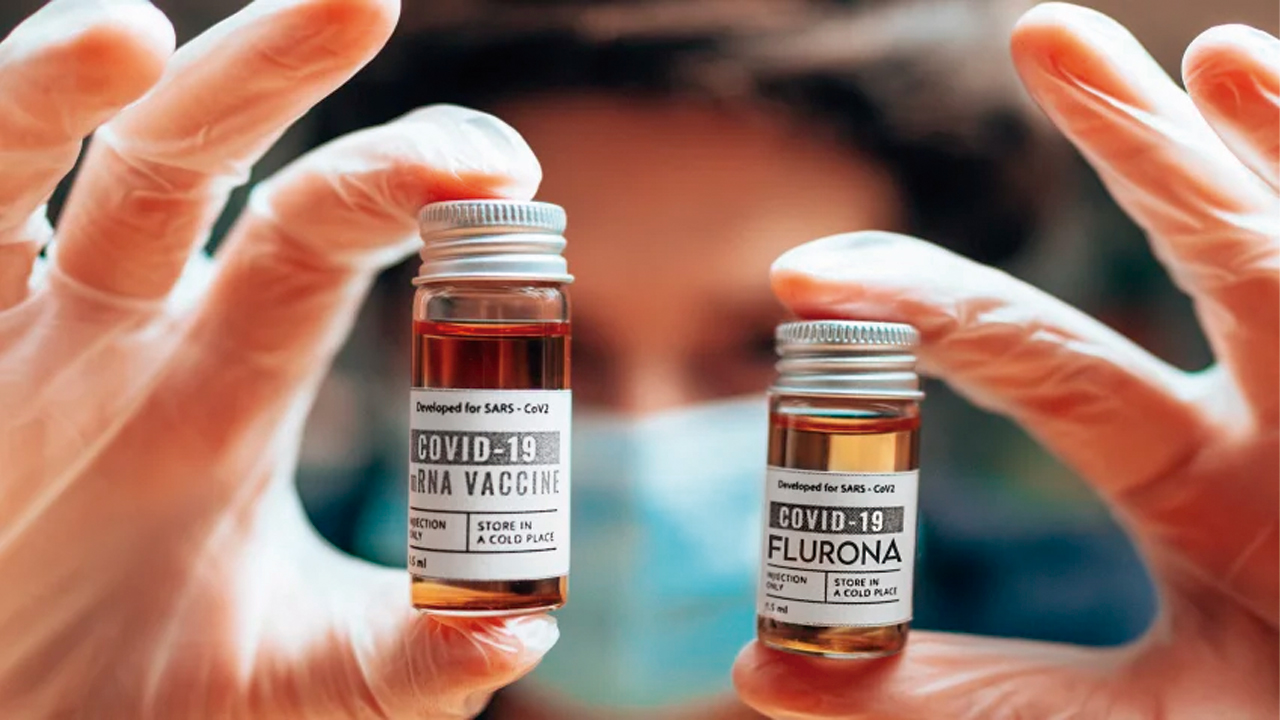

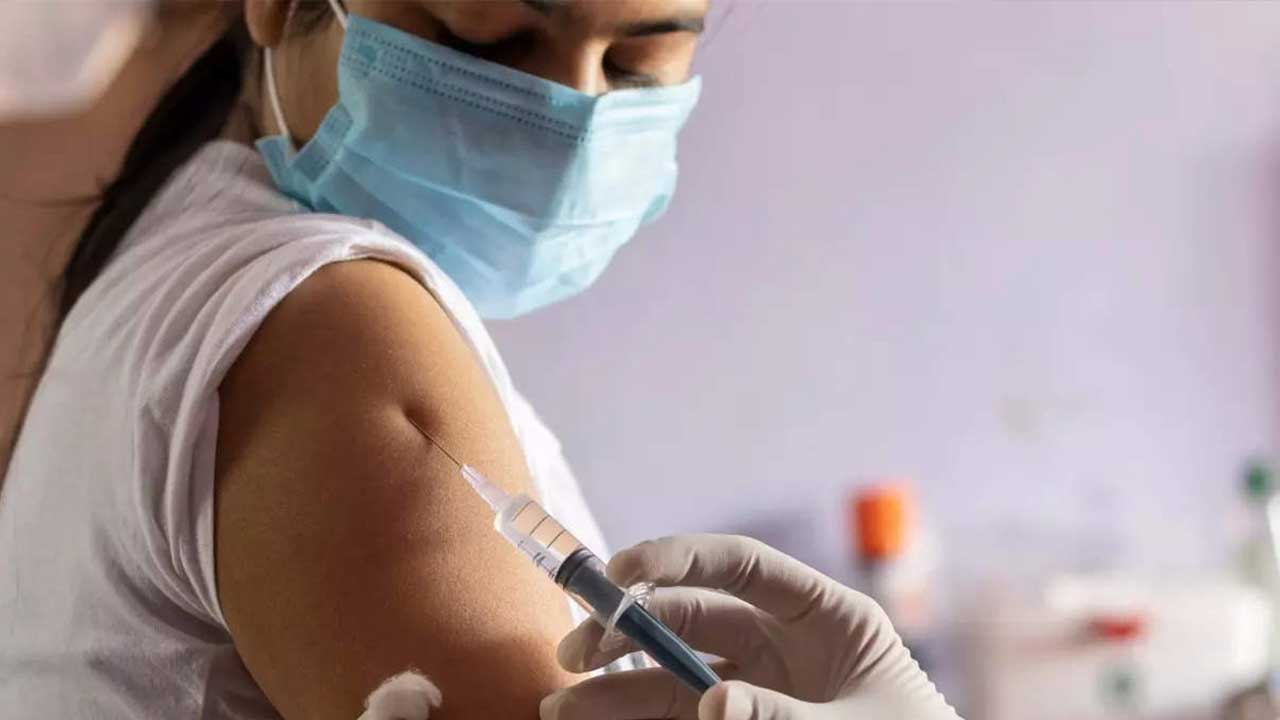
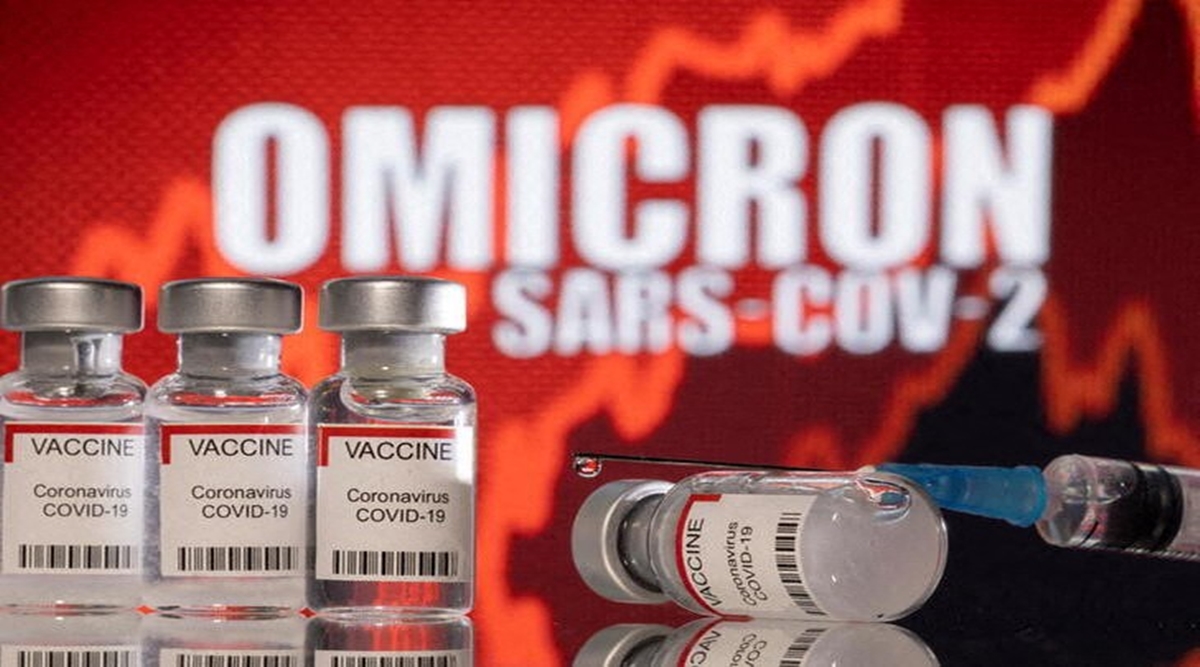

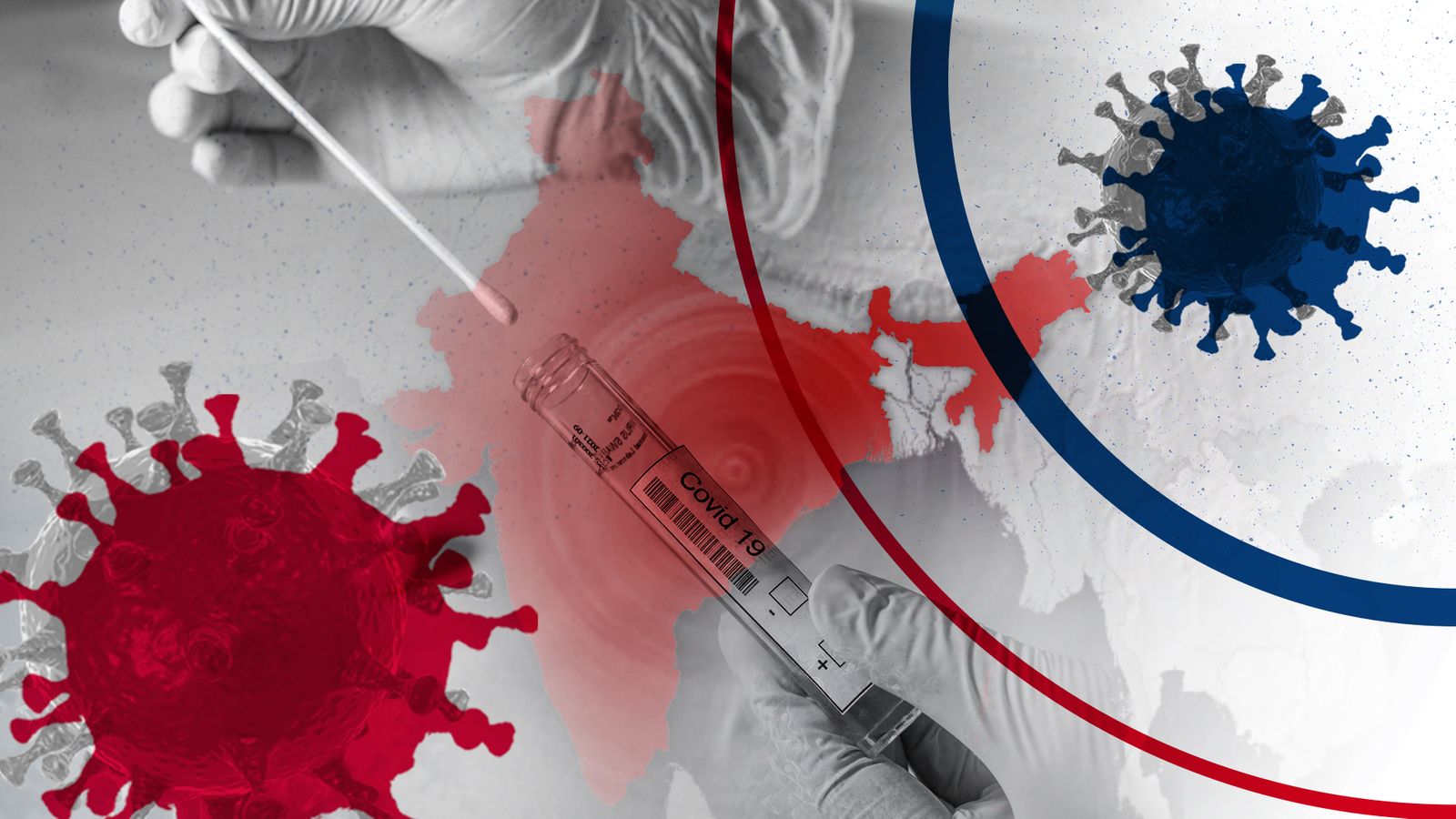
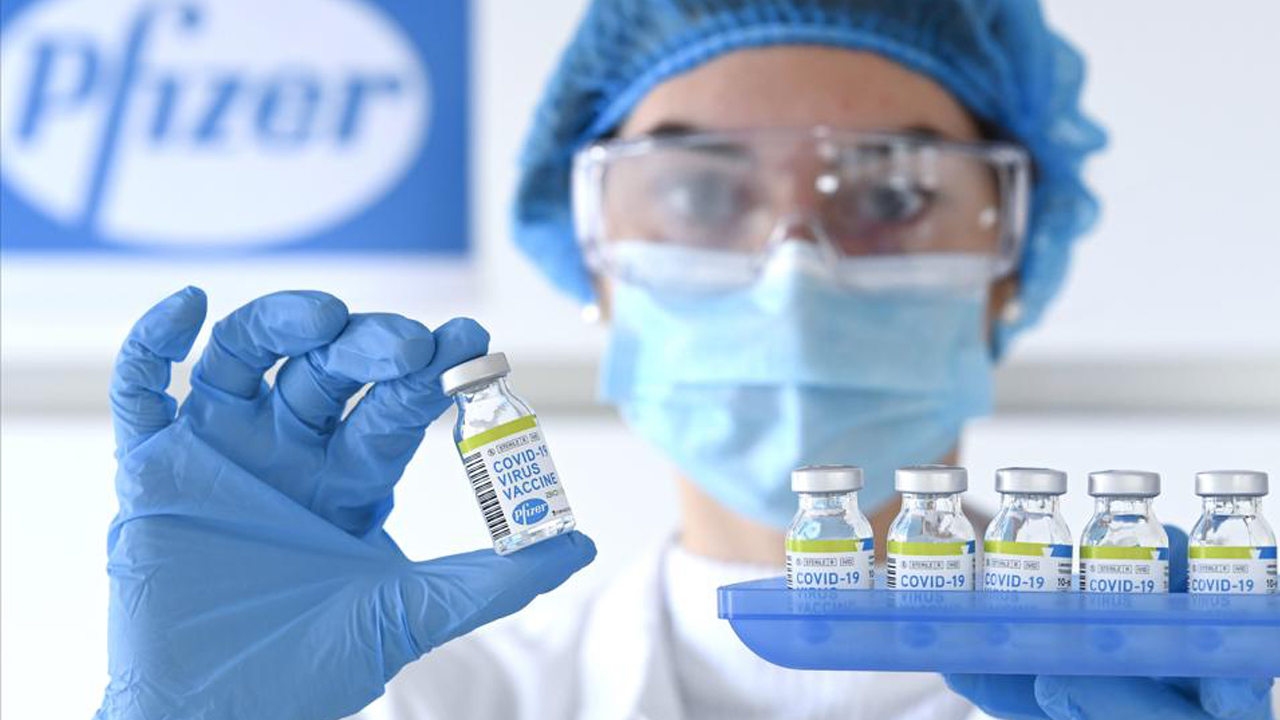





.jpeg)

.jpeg)










.jpg)




.jpg)

